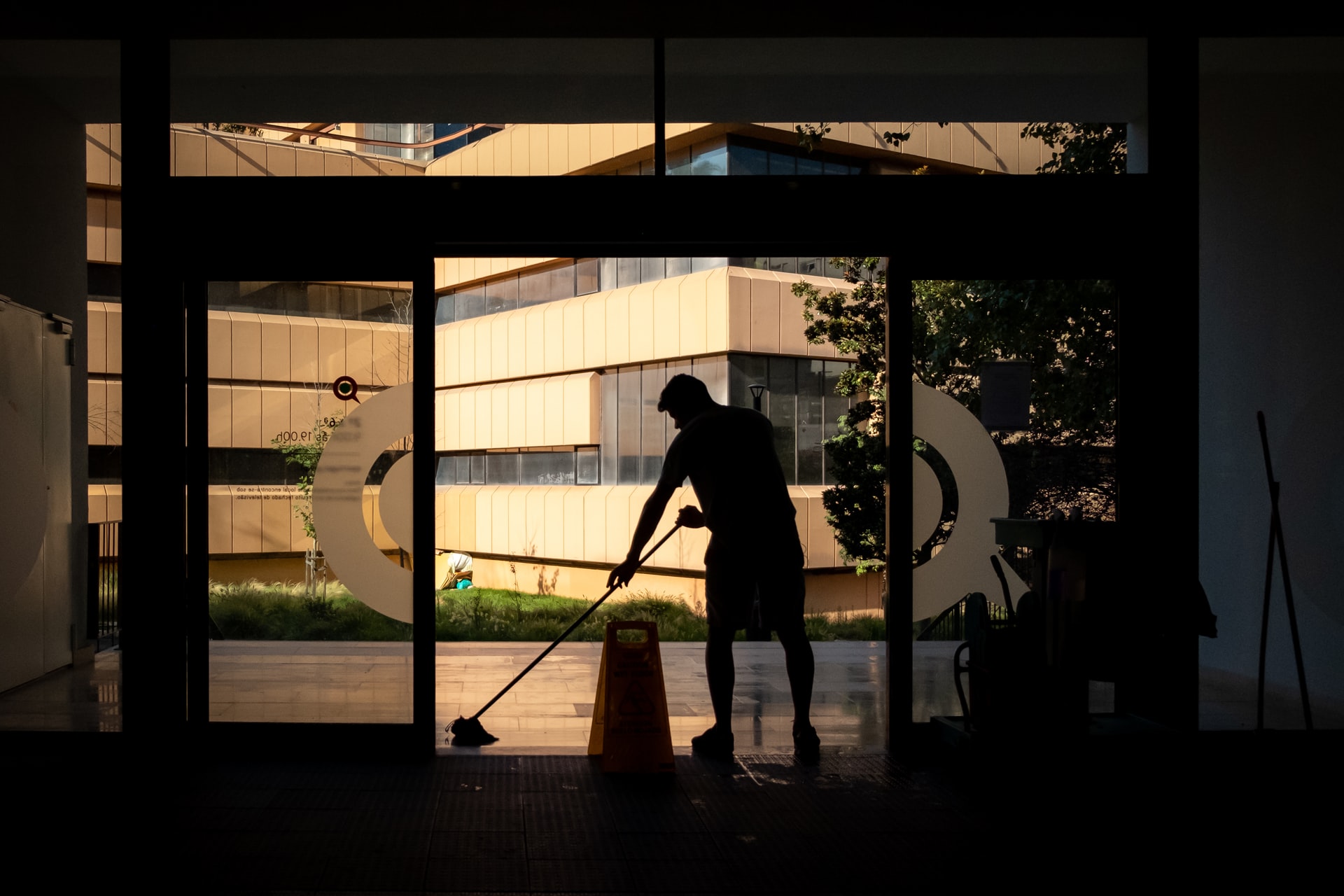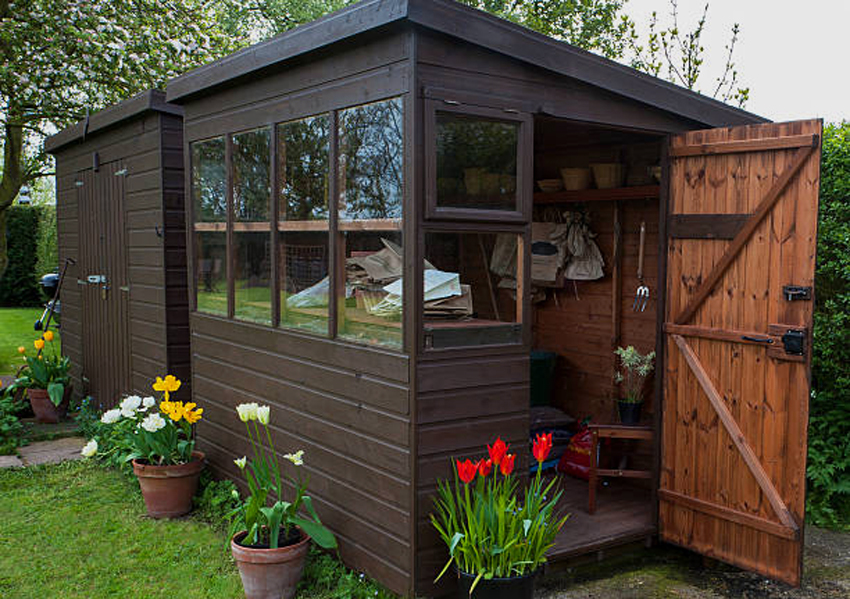Seven Useful Tips From Experts In Carpet Cleaning
If you are looking to find a way to make your carpets look new again then check out these 7 useful tips from experts in carpet cleaning.”.
- Push Your Carpet Back Up Into Place
- Ask for a FREE Quote
- Beat Odors With Vinegar and Water Regularly
- Use a Steam Cleaner
- Purchase Professional Vaccuum Cleaners For Long-Lasting Results
- Mop With Wool And Dry Quickly
- Follow Guidelines In The Container
Write an introduction to an informative and factual blog post titled “The Benefits of Volunteering”.
Your introduction should contain the following:
- A short but detailed description of what volunteering is 2. A brief explanation about its importance 3. Outline the myriad of benefits of it 4. Include a note about your personal experience with it 5. Suggest any resources that can help you with your volunteer work 6. Encourage other members to take part in it.”
(a) You can do practical work to help local communities or organisations whenever you prefer. How to choose your volunteer work? How should you select the volunteers organisations?
- If you have already decided on which project to work on, try to get information from this source.
- If you haven’t decided yet, try the following:
- Ask your friends, family or neighbours about volunteering opportunities they know of;
- Check out the local paper or community magazines; and
- Contact your local community office or council for advice.
For this action plan, five main headings are suggested for easy navigation and better understanding of all the contents. Firstly, some useful tips should be given for students to prepare their volunteering project thoroughly before starting hands on work. Next, students should be guided to know the overall aim of this volunteering activity and the specific targets they should focus on. Additionally, students should take the services provided by organizations seriously to ensure that all their needs are satisfied in a better way. The fourth step is to evaluate and assess the success of this placement work. Finally, some useful information should be given for any further volunteering opportunity available for students to help local community in need.
Preparation
Before starting the project, I strongly suggest you prepare yourself with all useful tips as below mentioned:
- Research your project thoroughly, including background information about it (including its history), its aims and objectives, current status and future plans.
- Download the appropriate forms and complete them before your volunteering week begins.
- Make a list of all equipment and materials you will require to help with your project, including safety gear like hard hats or gloves. See if you can borrow any gear from work, local sports groups, friends and family or ask the organisations for any free equipment they have available.
- Find out how many volunteers are required for the project you will be working on and make sure you are enrolled in a group of that size, or larger if possible so that there is plenty of support available during your placement week(s).
- Prepare all the clothes you will need to wear on site each day, including sturdy footwear, warm clothing and waterproofs (if appropriate).
- Find out how often you can get to and from the project site by public transport and work out a timetable so that you know what times are best to get up and leave for your placement work.
Aim & Objectives
Make sure you understand exactly why the organisation needs your help. This information should be clearly laid out for you in their mission statement or objectives as this will enable you to focus on what is important during your placement week(s).












Leave a Reply